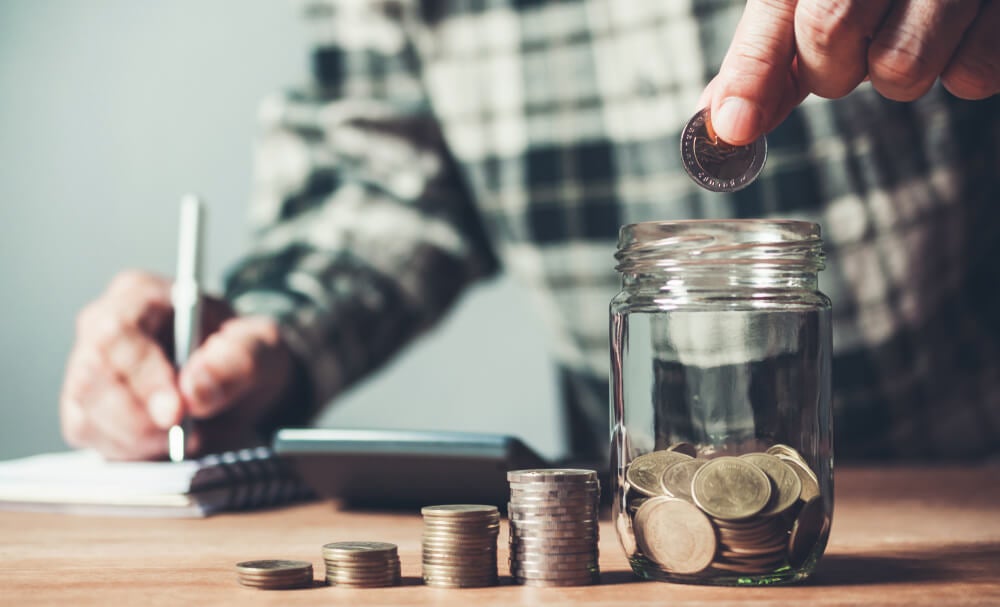Money is not just a way to acquire a property, many emotions are born and flourish around it, in fact, getting more money is at the center of many people’s agenda, and spending more than they have, right and wrong, is the ideal followed by many.
While it’s sad to recognize this, consumption helps some people meet or compensate for many of their emotional needs and needs at times they’re living, everything works in a subtle way. What is not subtle are the end-of-month accounts, in which it is clear that they were trapped to spend more than they spent.
- “My mother started shopping with her credit card.
- My father never liked it.
- ” Credit — he has always said so — is the first step towards debt.
- It is the beginning of the return to slavery.
- “Malcolm X-.
Today’s economy wants us to get drunk, which is incredibly profitable for many. They encourage us to spend more than we earn on our purchases as much as possible.
They force us to spend because they know we’re comfortable. Advertising and marketing do their best to form the idea that what happens to us is solved by buying, but not directly, but with clues and suggestions.
It is common for those who spend too much to lack encouragement or motivation in their lives. Go shopping to “feel better. ” This is because buying feeds an unconscious sense of power and control. The market is at your feet and you decide what you take or not. The client is taken care of with deference. Now you have the first compensation for what frustrates you.
So when you already have excessive debt, you can also find a mechanism to treat your discomfort in life. Having money and falling into the credit network also helps hide unresolved pain or anguish that doesn’t stop.
It is easier to manage the idea that we stay awake thinking about how to pay off debts, not what we do for an imprecise and latent reason; it is also easier to live by adjusting bank accounts than to assume a widespread feeling of dissatisfaction.
There are two psychological realities that make consumers especially manipulative: fear and guilt. The persuasion mechanisms that advertising uses are almost always linked to these two emotions. The message they send is indirect. It is usual that they stage a daily situation in which tranquility and well-being are associated with the consumption of a product, of course, it is up to you to interpret what happens when you do not consume.
There are also other ways to manipulate. In 1977, an experiment was conducted at Cornell University (USA). U. S. ) A group of people underwent a false test. One of the participants, who was actually an undercover investigator, left the room and returned with free refreshments for several people, at the end of the alleged test, the same infiltrator asked them to buy tickets to a draw. soda bought twice as much tickets.
Then they repeated the experiment, but this time there was no free soda, only a small number of participants bought tickets, it has been found that these goodnesses lead us decisively to buy, to spend money, so you get so many free samples when you go to a supermarket. This is also why you receive gifts from trade for several reasons. They know you’ll spend more money on the next purchase.
There are many examples. There are areas that specialize in studying consumer behavior, the system, especially the financial one, needs us to be ready to buy and indebted forever, sell us a fantasy of false control and false satisfaction, and that’s the first thing we buy. That’s what it’s all about.

